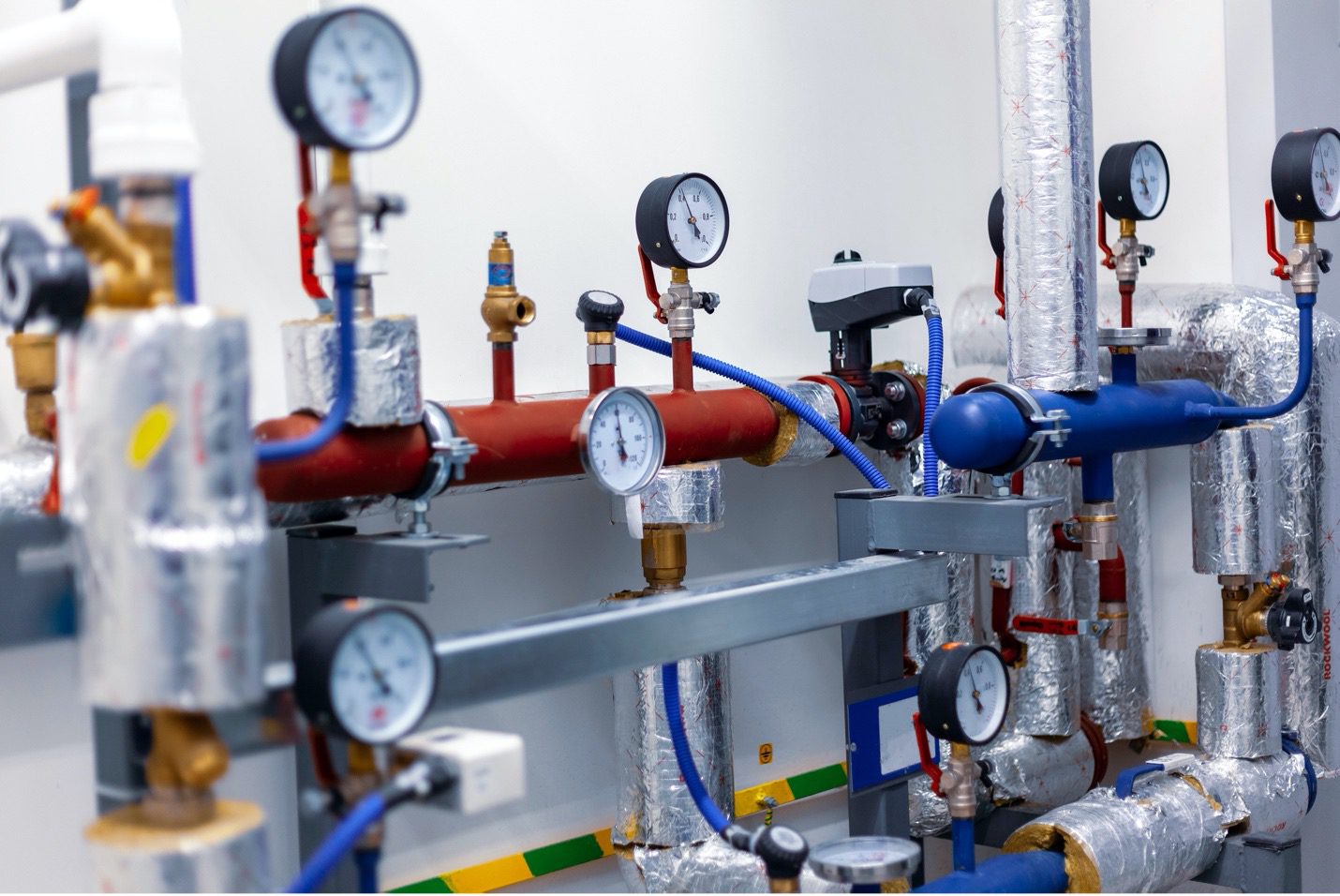
Pressure sensors are devices or instruments that are used to measure the pressure of gasses or oils.
A pressure-sensitive element, which is a component of a pressure sensor, measures the pressure being applied and converts that information into an electrical signal or output signal.
Faulty pressure sensors can lead to increasing costs and downtime.
Factors to consider when choosing a pressure sensor
It is important to ensure that the correct pressure sensor is selected to ensure accurate monitoring is conducted in a gas flow system or for process control. But operators are faced with a plethora of options and making the right decision will come down to a few factors. The pressure sensor should be selected based on the application it is being used for.
Pressure range
The pressure range should be considered when selecting a pressure sensor. Operators will often determine the pressure range and select a pressure sensor with a similar range. However, there may be sudden pressure spikes within the system that could damage the pressure sensor.
Therefore, it is important to select a pressure sensor with a higher-pressure range than the measuring device and to calibrate it. Pressure sensor manufacturers should highlight what the pressure range of the sensor is as well as burst or overpressure ratings.
Type of pressure sensor
This is probably the most crucial point to consider as there are a variety of pressure sensors available. Does the pressure sensor need to provide an output? This consideration may determine the variety of pressure sensors available and may even narrow the selection down quite substantially.
On the other hand, if the output is required, then two additional considerations need to be considered before selecting:
- The type of signal that is required
- What will interpret the signal
Application conditions
It is quite important to be familiar with the conditions that the pressure sensor will be exposed to as this may have a significant impact on its performance. Keep in mind that the environment’s electrical noise is another key factor that may impact the use of the sensor.
Electrical interference may cause the sensor results to be inaccurate and may also affect the performance of the sensor.
Time frame
Consideration should be given to the possible downtime because of installation. How much downtime is permissible before it starts to have a serious impact on the throughput of a facility?
Furthermore, connecting the sensor to the input device will impact the way it is orientated and may also affect installation time. The use of the sensor and its application will determine which connection is needed.
Pressure sensor options
Below is a list of the most common pressure sensor options available:
- Vacuum Pressure Sensors
- Manometer Sensors
- Aneroid Barometer Sensors
- Sealed Pressure Sensors
- Bourdon Tube Pressure Sensors
Mid-West Instrument
Since 1958, Mid-West Instrument has been a leading global manufacturer of differential pressure gauges, transmitters, and switches. Our company is family owned and operated from our facility located in Sterling Heights, MI.
Our state of the art factory is equipped the latest CNC machine tool technology, test equipment, calibrations standards, and oxygen clean room. This allows us to maintain precise tolerances and product quality with the shortest lead times in the industry.
Contact our experienced professionals to learn which differential pressure instrument best fits your application.

